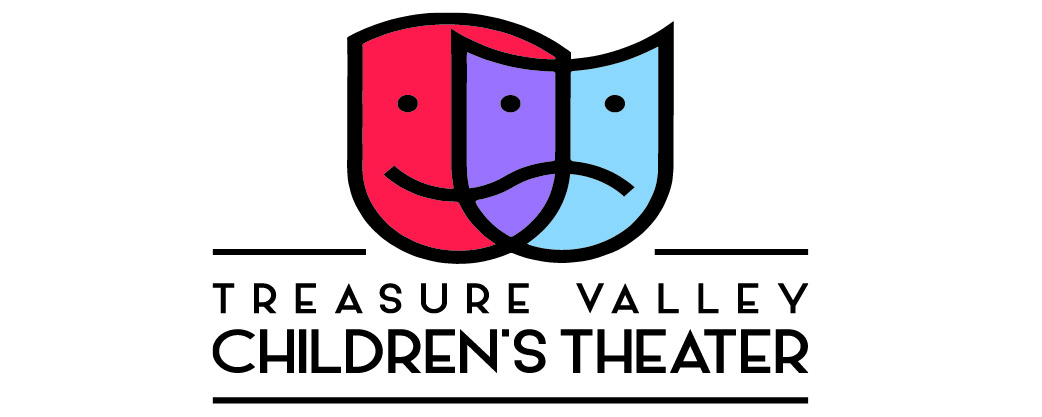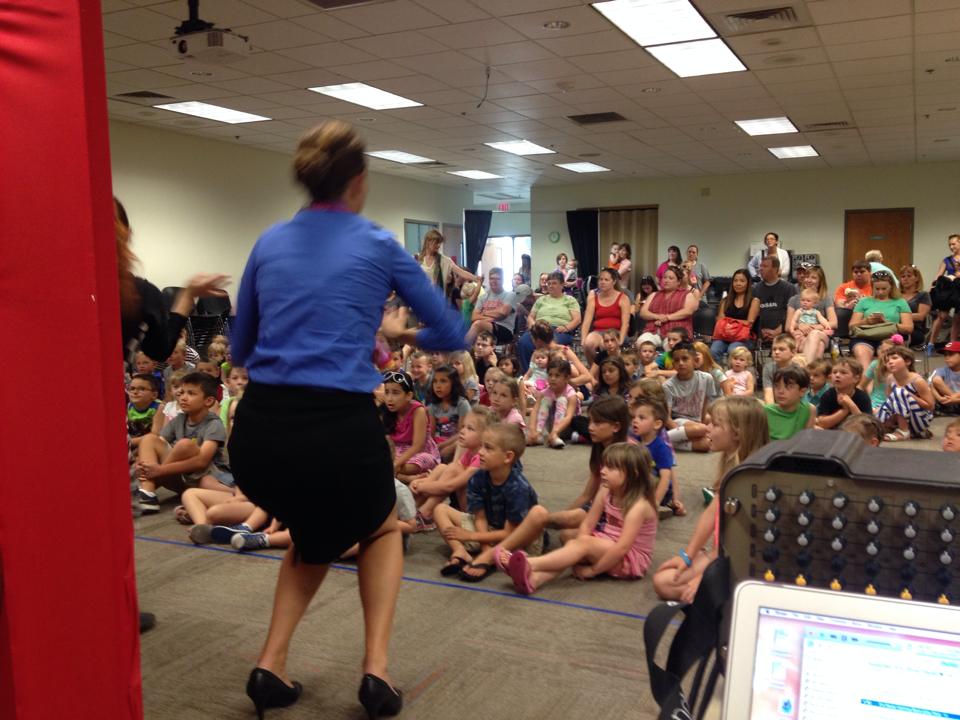Post 2 of 4: a letter to the new-to-theater family
In my first post, I responded on a very macro level to the truths of having a theater kid in your family. That is a discussion that will likely never be fully covered. In today’s post I want to narrow the focus to some of the theater basics that you need to know as you support your “theater kid”.
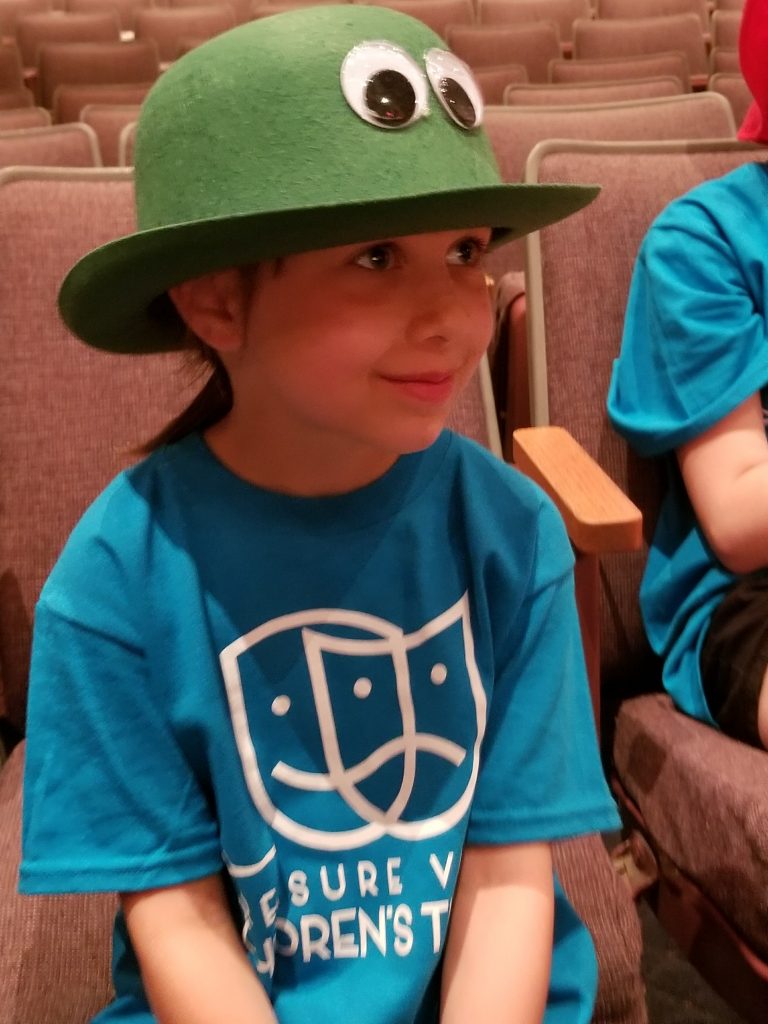
“What types of programs would help my child be successful?” Unfortunately, not every community has access to theater programs for young people. Arts programs are often the first to be cut from a school’s budget. But you can be proactive and support your child’s interest in performing.
- If you live in, or nearby, a community that provides theater experiences, start by contacting those organizations. Ask them AT LEAST the following three questions:
- Do you offer programs for kids? If the answer is no or very infrequently, move on.
- Do the people leading the programs have experience working with kids? If the answer is no, or infrequently, move on – OR request to be present during the process, a.k.a. rehearsal, so you can monitor your child’s experience. (I know some theater people are cringing at the suggestion that a “Stage Mom/Parent” be allowed to observe rehearsal. That is not what I am suggesting at all and will follow up with a future post about how to avoid becoming a “Stage Mom/Parent”. 🙂
- What is the goal of your organization when it comes to working with kids? If the answer is anything but “to give the kids a great experience and put on a wonderful production for our community,” I recommend that you move on. Young people WILL (and should) have dreams of being a professional performer. Without the proper training and exposure to healthy art environments, it will never be more than just a dream – and possibly a demoralizing and heart breaking one. Experienced Theater Educators/Directors understand that our REAL job is to empower our young dreamers and help them connect their art education experiences with real world opportunities.
- If you are in a community that does not have access to theater experiences for youth, you have a bit more of a challenge, but one that, I believe, is worth the investment. A couple of recommendations:
- Read age-appropriate plays and short stories aloud with your child. Theater is oral story telling. You can encourage this by reading stories aloud. Initiate imaginative play in your home. Perhaps ask your child to prepare a special presentation for a holiday celebration to share with guests.
- Inquire with your local school, civic, or faith community if there are opportunities for youth to share stories that reflect community values. It’s not uncommon for these organizations to produce annual performance opportunities that would (and should) include kids.
- Communicate with other parents to determine if there’s an interest in creating an informal theater troupe. You may find that many other kids in the community would be interested and their parents may be willing to help make it happen. If Treasure Valley Children’s Theater (TVCT) has done NOTHING else in our 7+ year history, we’ve proven that you can produce theater anywhere! A church, an empty building, a park, even a classroom. You don’t need a formal theater space to create and tell stories that bring your community together.
- Encourage your child to read about acting. There are several fantastic books written for young actors. If they are really serious about the art, they will want (and need) to understand acting theory, history, career opportunities, and more.
- If you do nothing else, encourage them. Simply show your support for their talents and interests to share those talents with others. You never know, that talent to create rhymes could lead to a lucrative career in writing! Their ability to recite a poem with passion could lead to law school. Their understanding of body language and ability to explain complex ideas could earn them a Teacher of the Year award. Theater kids can do ANYTHING with the skills they learn by participating in quality theater programs.
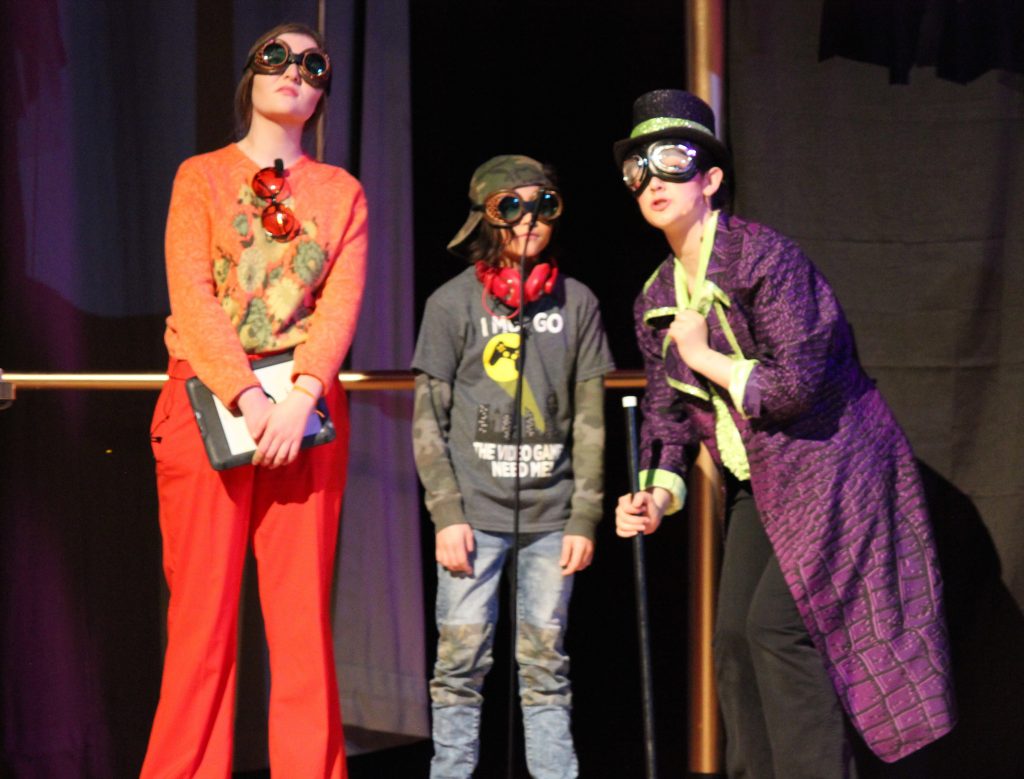
“What is some of the jargon and language I should know?” Without writing a thesis on theater, here are the basics:
- Audition: typically promoted to a community to cast (or assign roles) to actors for a play/musical/film/project. Auditions may take place months before a show actually opens. Sometimes Auditions are open to the public, and sometimes they are limited to specific criteria of age, race, gender, experience, union affiliation, etc. Sometimes Audition Announcements ask that you prepare a song, a monologue (one person story), or to prepare lines from the script (also know as ‘sides’). It’s VERY important that you read Audition Announcements VERY carefully so you come prepared. Ask questions as needed, but avoid asking questions answered in the Audition Announcement.
- Cast: casting a play/musical/film/project often occurs after an Audition. Casting is based on a variety of factors that can’t be covered in this post, but know that MANY of the decisions going into casting are out of your control. Basically, if you are cast in a play/musical/film/project, that means you’ve been assigned a role to help tell the story. You are typically notified of casting by email, a phone call, or other form of communication. At TVCT we communicate with EVERYONE who auditioned via email. It’s always a good idea to make sure your email address is correct when you audition and to check your spam filter before contacting the organization regarding casting.
- Role: A Role is a character within the story that is being told. Role assignments are made after casting. In almost all cases, the number of Roles is determined before Auditions and EVERY Role is important to the play/musical/film/project. Please see my post about Ensembles for further clarification.
- Script: The story. Actors receive scripts at the first rehearsal, in most cases. Sometimes the script is theirs to keep and they can highlight their lines, write their stage directions, etc. In some cases, the script is rented from a publishing house and the producing company is required to return the script after the production closes. In this case, Actors can be financially responsible for damage done to a script. The most important thing to know about a script is that it should accompany an Actor to every single rehearsal, no exception.
- Rehearsal: Where the process to create the product takes place. At TVCT, you can expect a minimum 40 hour Rehearsal process for our larger productions, and a 10-15 hour process for our class/camp programs. In most cases, not every actor is called for every Rehearsal. It’s VERY important to pay attention to the Rehearsal Schedule and to arrive to Rehearsal on time, appropriately dressed, and ready to work. Your script should accompany you to every single rehearsal without exception.
- Rehearsal Schedule: This document should be well organized, communicated early, and your life line to when/where your theater kid needs to be. WARNING: This document is subject to change, so pay attention to those communications related to schedule changes.
There is much more to share, but this is a good start. You likely still have questions about terms like ‘blocking,’ ‘choreography,’ ‘strike,’ and WHO are all these people who make this show happen? Good.
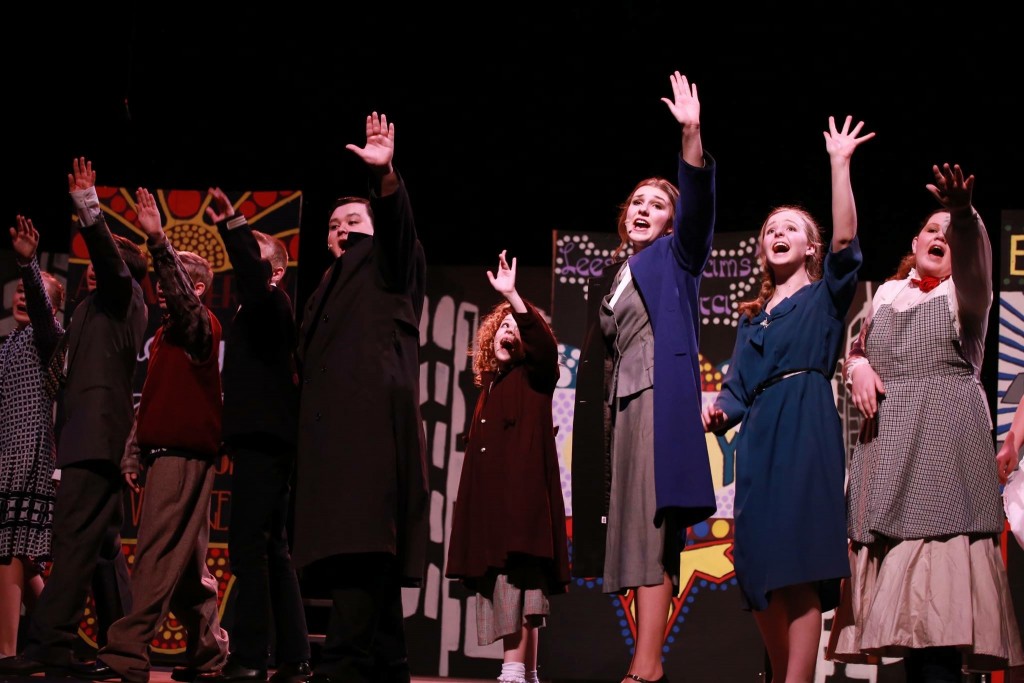
In my next post, I’ll respond to questions about the process of preparing a show; why parent’s are discouraged from attending, why we take commitment so seriously, what it means to the show when you “no show” – if you have questions you would like answered in these posts (or just in email), please contact me!
Until next time, you got this!
